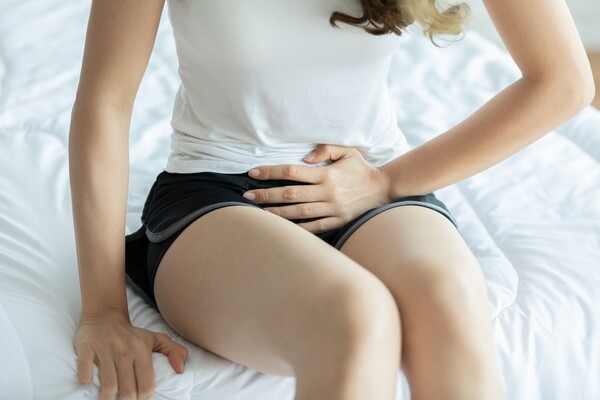
Numerous individuals experience nighttime awakenings for the purpose of urination, a phenomenon commonly referred to as nocturia. Nocturia can vary from a couple of interruptions per night to five or even more. Beyond interrupting sleep, nocturia can potentially give rise to health issues such as fatigue, daytime sleepiness, and diminished testosterone levels in men.
Root causes of nocturia
Professor Park Ju-hyun, a urology expert from Asan Medical Center, recently elucidated in a YouTube video that various factors can contribute to nocturia. These include urological conditions such as an enlarged prostate or overactive bladder, as well as a decline in antidiuretic hormones due to aging. Nocturia can also manifest in individuals with diabetes or reduced kidney function.
Park pointed out that medications designed to regulate high blood pressure, including diuretics, may occasionally induce nighttime urination. However, aside from these situations, the primary catalysts for nocturia are suboptimal hydration habits and sleep patterns. "Many individuals attempt to address nocturia through a handful of pills. Nonetheless, even with treatment targeting underlying urinary disorders and medication adjustments, effectively alleviating nocturia remains challenging without an enhancement in one's lifestyle," emphasized Park.
Implementing lifestyle adjustments
The initial step involves restricting daily water intake to approximately 1 liter.
"One liter of water per day is adequate," affirmed Park. "While media often promotes the consumption of two liters daily for health benefits, many individuals end up consuming more water than necessary."
For those grappling with nocturia, curtailing fluid intake post-dinner is advisable. Equally important is a conscientious approach to daytime hydration, as compensating with excessive water consumption after dinner can exacerbate nocturia.
"To start, try deliberately consuming 500 cc of water before lunch, excluding breakfast and coffee. Follow this with another 500 cc from lunch to dinner," recommended Park. "However, after dinner, minimize fluid intake, excluding essential medications."
The latest suitable time for consuming water in the evening is roughly two to three hours before bedtime, and visiting the bathroom prior to sleep is also encouraged. "If you experience excessive dryness in the mouth before bed, consider gargling with water and spitting it out," advised Park. "While some might question its necessity, this practice can aid in mitigating uncomfortable nighttime urination."
The second piece of advice involves refraining from using a spoon to ingest fluids during meals. Consuming soup, for instance, often contains high sodium content, potentially leading to increased urine production compared to plain water consumption—thus contributing to nighttime urination. "If you truly desire soup or stew, opt for these during breakfast or lunch. In cases of dinner side dishes, employ chopsticks rather than a spoon, treating it akin to consuming a 'wet salad'," elucidated Park.
Thirdly, abstain from consuming fruits and beer after dinner. Although some may consider post-dinner fruits or a beer as a modest indulgence, Park cautioned that this practice perpetuates nocturia. Should you wish to consume fruit, allocate it to daytime hours; if an evening beer is non-negotiable, reserve it for earlier in the day.
The fourth suggestion involves reducing smartphone usage before retiring for the night. "Inadequate deep sleep is among the contributors to nocturia," highlighted Park. "Engaging with your smartphone while lying down at night activates the brain, impeding the onset of sleep. Consequently, the brain remains alert, potentially triggering urine production akin to daytime, or prompting frequent awakenings to use the bathroom."
Prioritize treating sleep apnea
Apart from lifestyle alterations, addressing an underlying condition—sleep apnea—is crucial for managing nocturia. Sleep apnea could stem from obesity or structural issues, warranting consultation with an ear, nose, and throat (ENT) specialist and potential treatment such as a positive airway pressure machine.
"In instances of sleep apnea, constant dryness and thirst in the mouth are common. This might lead individuals to keep a glass of water by their bedside, a habit that exacerbates nighttime urination," warned Park.
Ultimately, Park underscored that for individuals experiencing frequent nighttime urination with nocturnal enuresis, paramount importance lies in enhancing hydration and lifestyle habits. If these measures fail to address the issue, underlying physical ailments, hormonal imbalances, or other causative factors may be at play. In such cases, consulting a urologist to pinpoint the root cause is advisable, Park concluded.

